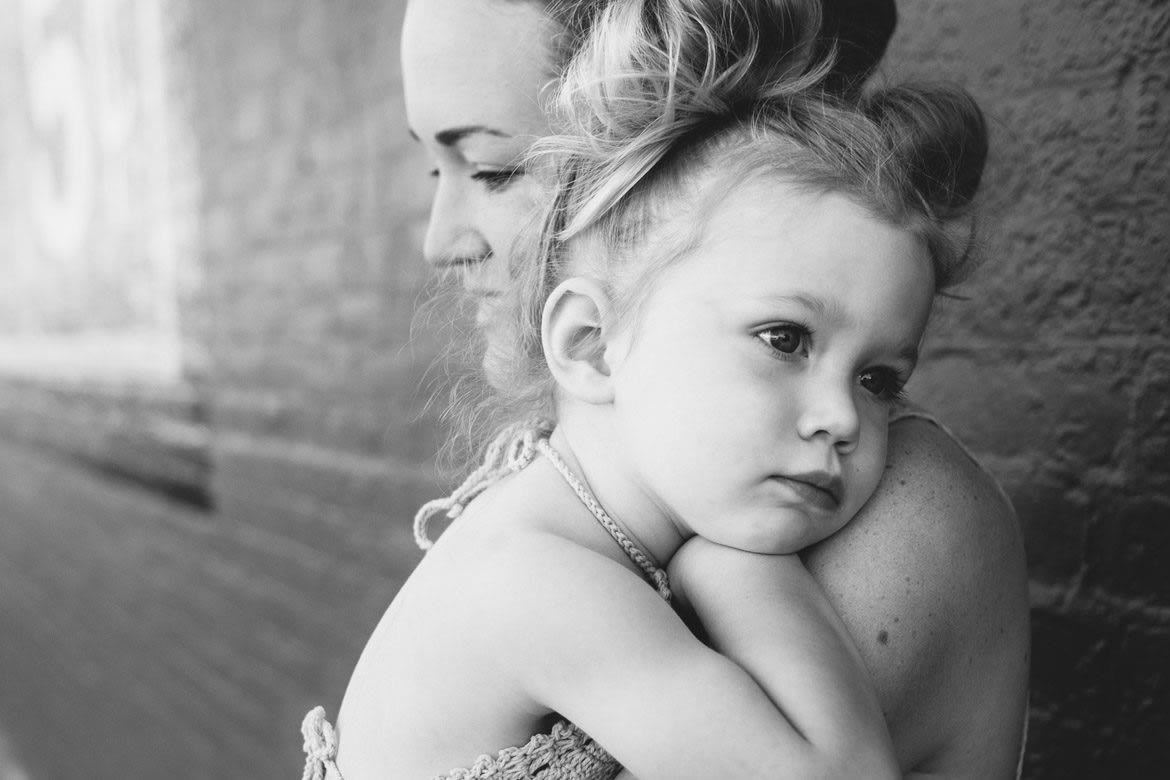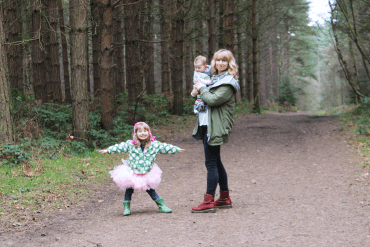Copyright Dr Sarah Buckley (2017)
What is discipline?
The word discipline comes from the Latin disciplina, meaning instruction or teaching. This definition tells us that discipline is much wider than the problems that we might have with certain behaviours, and includes all that we, as parents, are teaching our children.
One way to look at discipline, from this wider perspective, is as the stage setting for family life, in its many facets. Family life can involve exuberant joy; tragedies and tears; crazy humour; and roaring rage – and that’s even before breakfast! But if we have a stable and loving setting, the ups and downs of family life can pass over us more gracefully, and we can weather the unavoidable storms without long-term damage. When we become skilful at handling conflict, we may also find that, after the storm is over, we can actually emerge with more love and more understanding in our relationships, and in our family.
Loving relationships
Loving relationships are, for me, the cornerstone of discipline. When we have a loving relationship, both parent and child will want to give their best to each other. A loving relationship also helps to build resilience when tensions arise, because both child and parent will know that, underneath the conflicts, they do love and care about each other, and that they will eventually be reconnected in a loving way again.
Our relationships involve all that has happened between us, as well as the feelings and actions that are happening right now. My belief is that our relationships with our children begin at conception, and that we can begin to nurture a loving relationship from this time. Allowing ourselves to be well cared for during pregnancy, and giving our babies the gentlest birth possible, will set us gracefully on the road to parenting, and will also help us to respond from our heart during our children’s early years.
We can also build loving relationships with our babies through attachment parenting – carrying our babies, breastfeeding, co-sleeping and other practices that allow for a close attachment between mother and baby – because these are the expectations that our babies have developed through evolution. These behaviours also promote security, trust, and emotional wellbeing for both mother and baby. As William and Martha Sears (who coined the phrase “attachment parenting”) note, “The deeper the parent-child connection, the easier discipline will be.”
Loving relationships with our children also require an ongoing commitment. We may say that we love our children, but, being very practical creatures, our children actually need us to show them our love. This may be easy for us, or it may be very challenging, especially when we did not receive demonstrations of love in our own upbringing. With very young children, the most effective way to show love is to be available physically, and to give lots of hugs and holding. Breastfeeding our babies is also important, as it not only demonstrates love, but actually makes love; both mother and baby get a dose of oxytocin, the hormone of love, with each breastfeed.
Setting an (imperfect) example:
No matter what we say, or the values we talk about, our children will always be most influenced by what we actually do. To be an effective parent, we really need to walk our talk. This is perhaps the scariest part of being a parent, and we are reminded of this every time we see our worst habits mirrored back to us, sometimes by children who can’t even talk!
Setting an example means being the best that we can be at the time, and using our role as parents to consciously teach our children some of our values. It also means working to become aware of the more negative attitudes that we may demonstrate unconsciously. Again, we can consider ourselves blessed by our observant children, who will usually remind us when our actions and our stated values are inconsistent. If we can be accepting and open to their feedback, we gain the sort of honest and real discipline (teaching) that comes from a spiritual master, which is what I believe our children essentially are for us.
Setting an example also means recognising when we make mistakes and admitting it to ourselves and to our children. Admitting our mistakes and apologising are very important because, when we admit that we are not perfect, we give our children permission to be imperfect. We are also teaching our children an important aspect of self-esteem: that we actually don’t have to be perfect to be worthy of love, from others or from ourselves.
Finally, when we admit our mistakes, we willingly give away some of our power, and we show that we are human after all. We may lose authority, in the strict sense, but we gain authenticity as well as our children’s love and true respect. It is also very sweet to be forgiven by our children, who are often so much kinder to us than we are to ourselves.
The wisdom of inconsistency:
As parents, we are told that it is important to be consistent. For example, if we allow our children to open up all the puzzle boxes and spread them out on the floor one day, we should allow them to do the same thing the next day. However, if we think about it from our own perspective, we have to admit that some days we are more tolerant to disorder and some days we need more tidiness around us. If we allow our children to do things because of our notions of consistency, we could end up feeling resentful or overwhelmed by what we have allowed our children to do, based on these ideas.
We might also believe that we need to treat our children consistently – that is, all the same – but again, this can be unhelpful. For example, if my children all asked to take something of mine to school, chances are that I would say “Yes” to those who have looked after things that I have loaned them in the past, and “No” to others, who I know haven’t taken care of my things. If I try to be consistent, and say, “Yes” to everyone, I am risking damage, as well as missing an opportunity to teach my children about responsibility. If I say “No” to everyone, I am also not teaching responsibility, nor allowing the rewards of trustworthiness.
Perhaps the most compelling reason to be inconsistent is that we are more real and honest when we are inconsistent. Personally, I have even broken prior arrangements with my children because I value honesty, and because I know that sometimes I need to put my own needs first. (In other words, “If Mama ain’t happy, ain’t no-one happy”!)
When I am inconsistent, or break a prior arrangement, I always explain my situation, and I ask my children to be understanding and forgiving. Sometimes we will be able to negotiate a compromise or other solution, and sometimes there will be disappointment and tears. At other times they will say, “Yes, you are right Mum, it’s not the right thing to do.” In following my own instincts and needs, I am also teaching my children to follow theirs, rather than getting caught up in external situations and demands, and what we think others expect of us (which is often mistaken).











